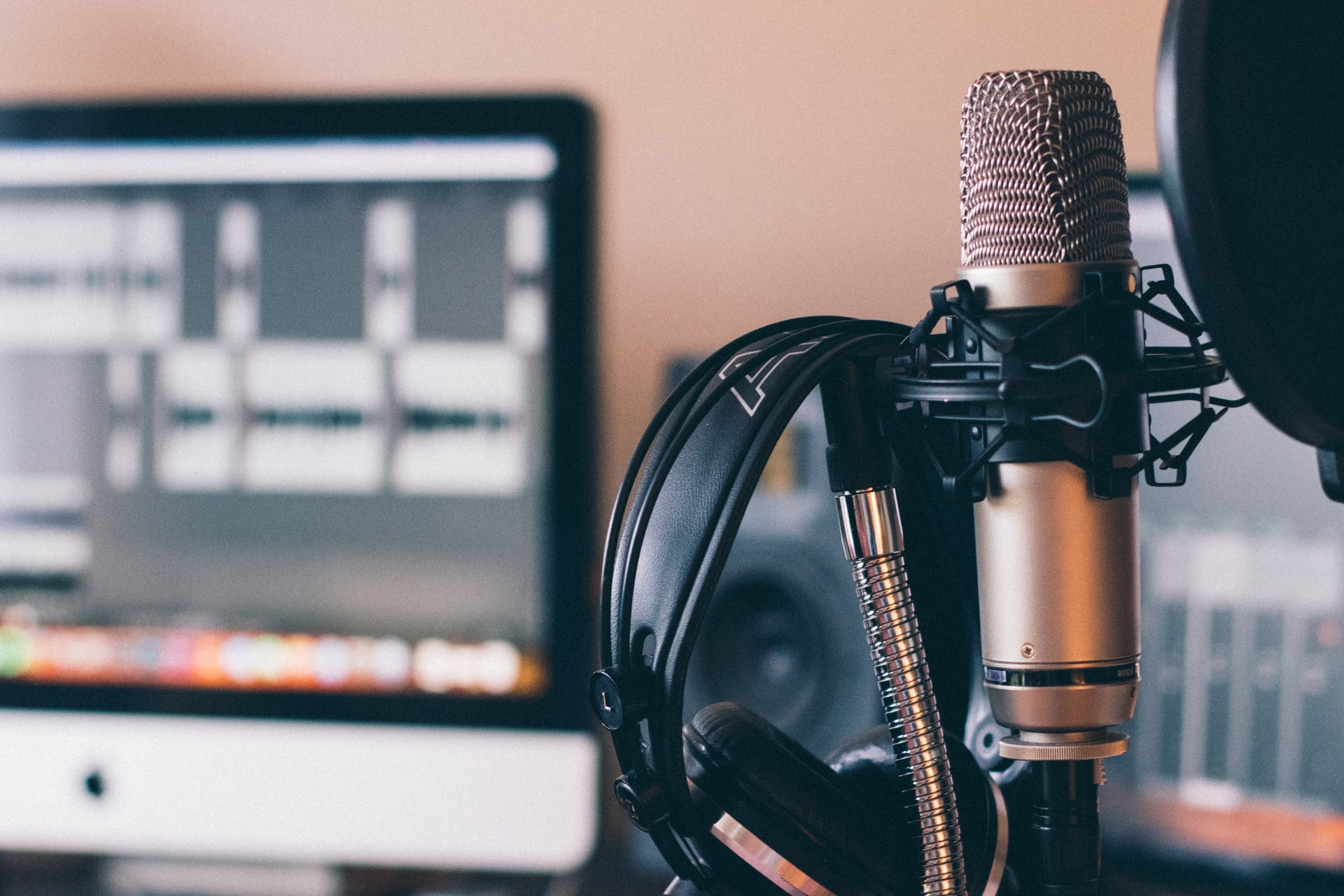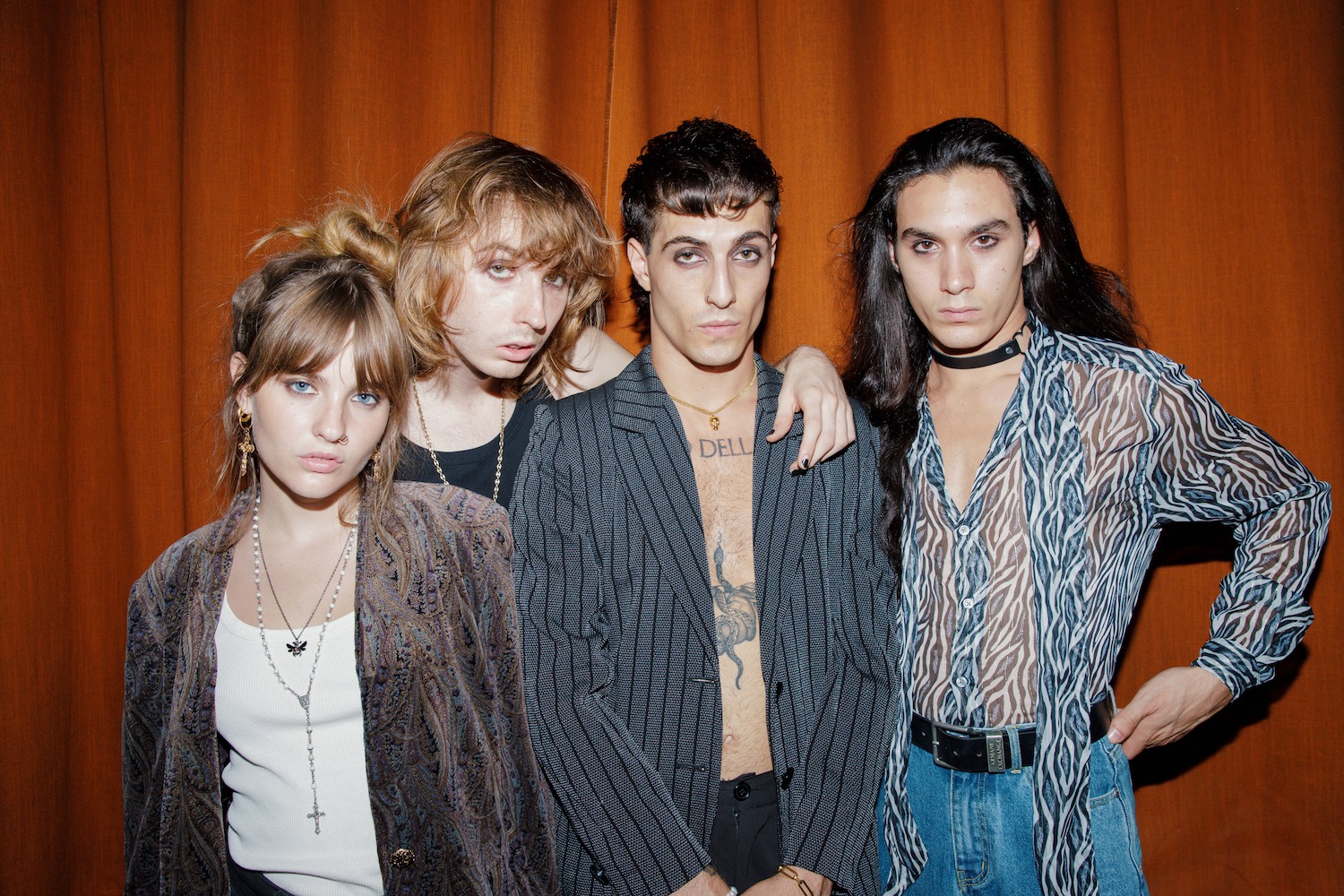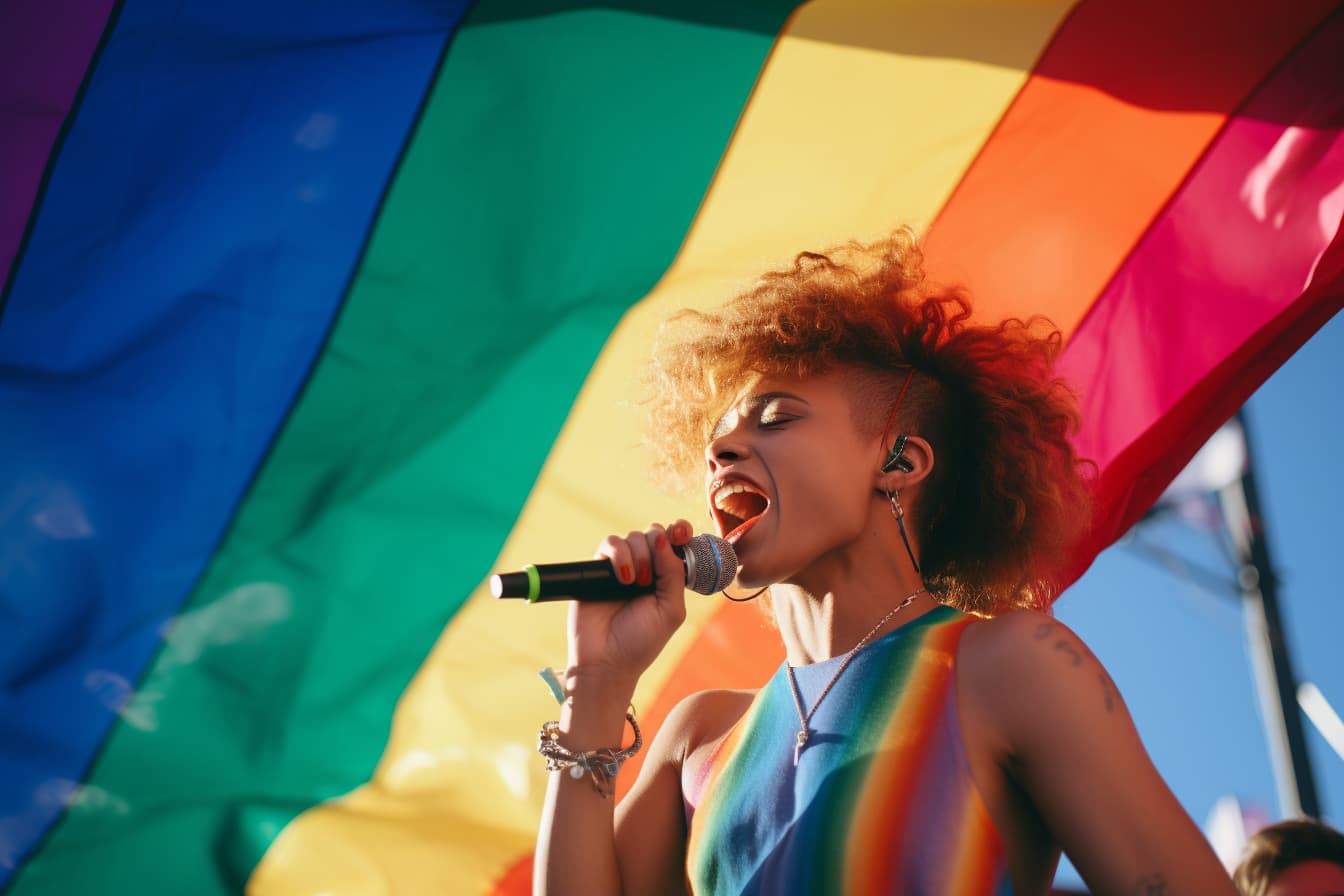Why is everyone starting a podcast?
Content creators, media companies and multinationals all seem to be jumping on the podcast bandwagon.
But why have podcasts become so popular?
Let’s start by having a look at the current statistics. In 2021 alone:
- 55% of the U.S population have listened to a podcast
- 24% of the U.S population listen to more than one podcast a week
- There are more than 1,750,000 podcasts with 43 million episodes available
- 24 to 44-year-olds make up 49% of the total listeners
- 49% of super listeners respond to podcast ads
- Podcast listeners consume approximately 7 podcasts per week.
- Spotify and Apple Podcast are the top 2 podcast apps in the world
- 80% of podcast listeners listen to the entire podcast episode or at least most of the episode
- Chile, Argentina, Peru and Mexico are the fastest-growing podcast markets
Podcasts as background entertainment
According to Brandastic, “49% of podcast listening happens at home, 22% happens while driving, 11% at work, and 8% while exercising.”
These statistics show that podcasting is one of the best formats for background listening.
Podcasts enable users to choose their favourite topics, download the episode and manipulate the listening pace (19% of listeners increase the podcast speed).
They allow listeners to consume bite-sized information on their favourite music streaming apps while they’re doing something else.
This sense of flexibility contributes to the rise of podcasting in an increasingly hectic world.
Podcasting offers endless options for creators and consumers
Social media and streaming have led to the decentralisation of media. The podcast format is a result of this decentralisation.
The top 5 most popular podcasting categories are society and culture, business, comedy, news and politics and health [Source: Music Oomph!]; however, this doesn’t mean that other categories aren’t successful. Far from it!
Spotify alone boasts over 13 different categories, that are further divided into sub-categories.
Instead of having to consume media content that’s dictated by monopolies, these vast podcast libraries enable audiences to consume content that they are actually interested in.
This empowers creators that specialise in a niche area to tap into a global market of individuals interested in that particular topic from the comfort of their home studio.
Monetising podcasts
Creating a podcast is time and energy-consuming. Equipment costs money, perfecting a podcast takes time, and there are also production, post-production and marketing costs involved.
To offset these costs, podcasts that reach a certain level of notoriety collaborate with brands that want to advertise their products to a niche market.
For podcasts with more than 5000 downloads per month, there are a lot of opportunities for sponsorships and brand partnerships, especially since podcasters are currently the trendiest content creators in the digital entertainment sector.
Since podcasters build a certain kind of relationship with their listeners, consumers tend to trust podcasters more than traditional journalists or visual content creators. Research shows that 54% of super listeners are more likely to purchase a product recommended on a podcast ad than a product promoted elsewhere. [Source: Music Oomph!]
In an interview with Forbes, Suzanne Grimes, President of Westwood One and EVP of Marketing at Cumulus Media explains this phenomenon, “Brands love podcasting because audiences pay such intense attention and highly value the content. Hundreds of brand effect studies from Nielsen and Signal Hill Insights prove podcast advertising generates significant lift in brand awareness, favorability, consideration and purchase.”
Where is podcasting going next?
Multinational media companies such as Facebook, Apple and Spotify are scrambling to grab a slice of this lucrative pie.
Spotify has been heavily investing in becoming the number 1 podcasting platform.
In April 2021, the company launched a paid subscription platform for podcasters through Anchor. This feature empowers podcasters to maximise their earning potential and earmark certain episodes as “subscriber-only” content.
Podcasters will receive 100% of their subscriber revenues till December 2022. From 2023 onwards, Spotify will start charging a 5% fee for podcasters to access this tool [Source: Spotify].
In May 2021, Apple expanded its affiliate programme to podcasters. This feature follows the introduction of Apple’s new Podcasts app.
Through the Apple Services Performance Partner Programme, podcasters can earn commissions when subscription purchases are made from affiliate links that they share with their followers.
YouTubers are trying their hand at podcasting as a way to expand their audience.
In addition to the podcast’s traditional audio version, business savvy YouTubers are re-purposing podcast episodes by posting the video version of their podcasts on YouTube. The setup seems to be a hit with audiences, who switch between watching the video version of the episode and listening to it while they’re busy doing something else. [Source: Subscription Insider]
Final Notes
The podcast industry is predicted to grow at a compound annual growth of 27.5% from 2020 to 2027. [Source: Grand View Research]
Technologies such as smart speakers, smart cars, voice recognition, augmented reality, artificial intelligence and app interoperability are set to expand the scope of podcasting and social audio even further. [Source: Forbes]
If you’re a content creator with big ambitions, you should definitely look into starting a podcast and expanding your brand by re-purposing your podcast content across different platforms.
Thankfully, there are a lot of resources and software out there that will help you embark on your journey to podcast success!
Photo by Will Francis on Unsplash






